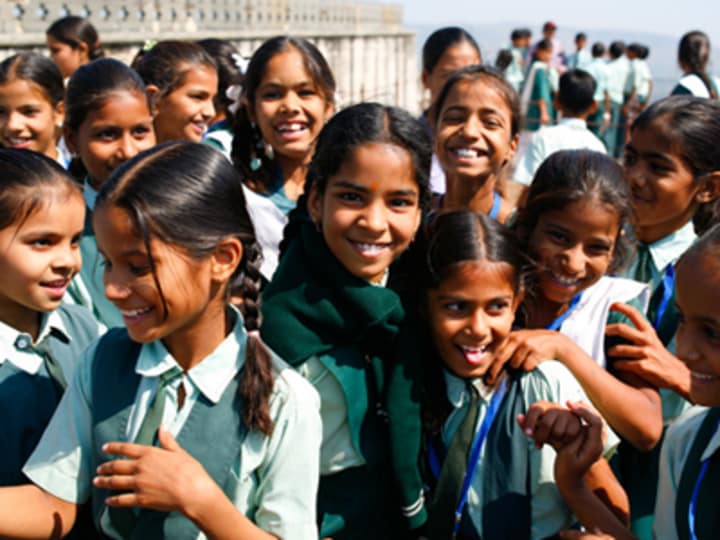
EDITOR’S NOTE: Research shows that keeping girls in school helps fight poverty, but economic and cultural challenges must be overcome. One way to do this is through conditional cash transfers, and Gayle Tzemach Lemmon from the Council on Foreign Relations showcases a successful CCT program in Bangladesh.
Keeping girls in school has become a priority for those fighting poverty around the globe, and for good reasons. Research shows that the longer a girl stays in school, the more likely she is to delay marriage and avoid early pregnancy. This means lower maternal and child mortality rates, fewer abortions, and improved child health. In addition, a 2011 World Bank study shows that investing in girls’ continued education can boost labor force participation, lifetime earnings, and GDP. However, even though it is clear that investing in girls’ education spurs economic growth and lessens poverty and social instability, millions of girls around the world still face cultural and economic barriers that keep them out of school.
One way to counter this phenomenon is to offer poor households conditional cash transfers. CCTs give money to poor people in return for fulfilling specific conditions, such as accessing basic health services, vaccinating children, or sending daughters to school. These programs offer a two-fold approach that breaks the poverty cycle by both providing the poor with additional income and also strengthening human capital with healthcare and education services.
The success of one education-specific CCT program, the Female Secondary School Assistance Program, illustrates that providing girls with a small stipend to stay in school has far-reaching benefits. FFSAP, a joint program founded by the World Bank, Asian Development Bank, and Government of Bangladesh, provided female students in grades six through ten with a monthly stipend on three conditions: that the girls maintained a 75 percent attendance rate, scored at least 45 percent on their exams, and remained unmarried.
According to a study assessing the FFSAP, CCT money enabled girls to extend their education up to two years, which in turn had significant economic and social impacts. Continued education for girls in Bangladesh led to a 3.6 to 10.6 percent increase in women’s labor force participation. Girls enrolled in the program also delayed marriage by 1.4 to 2.3 years, which is particularly meaningful given that Bangladesh has one of the highest child marriage rates in the world; 66 percent of Bangladeshi girls are married before the age of eighteen. Some data even suggests that the age of marriage for men also went up in part thanks to the program.
The initiative in Bangladesh is just one of many impactful CCT programs that have been implemented around the world. International development leaders should consider expanding the types of programs; it is clear that giving every girl the opportunity to complete her education benefits not only women, but entire communities and economies.
Edited for style and republished with permission from the Council on Foreign Relations. Read the original article.
